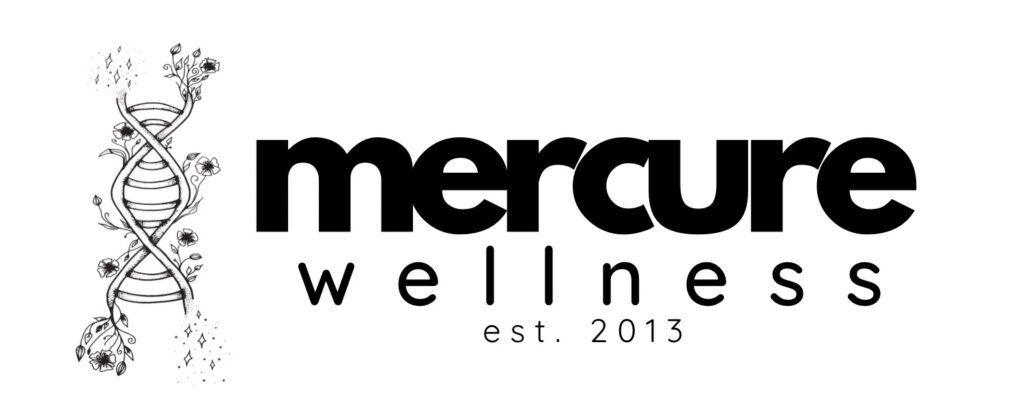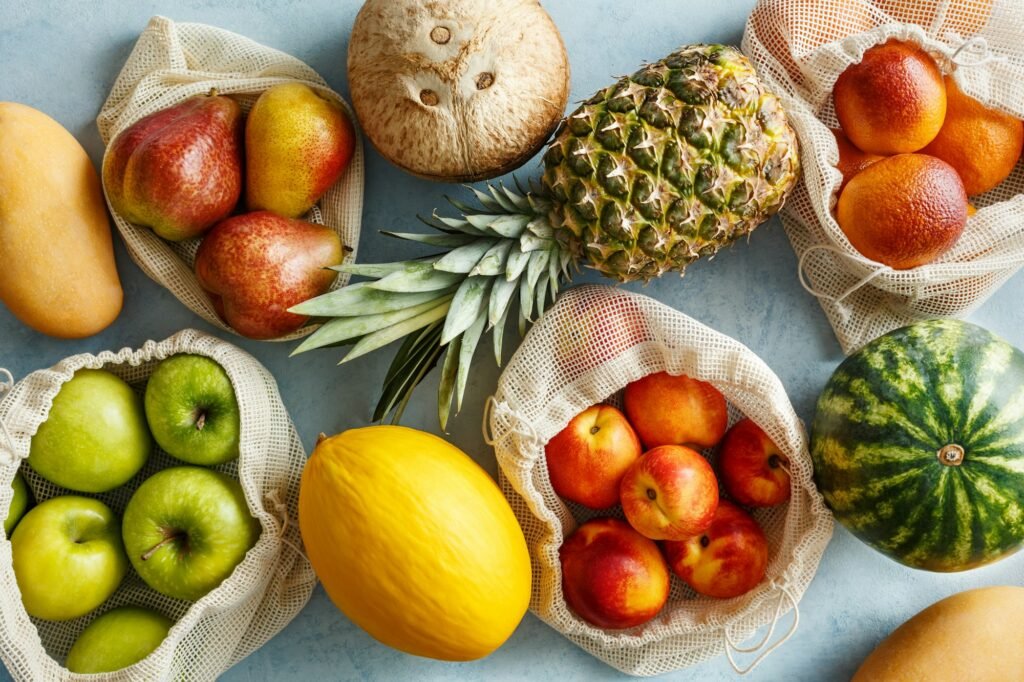Did your mama wash your fruits and vegetables?
To wash or not to wash, that is the question.
I don’t love the EWG but their pesticide analysis relies on scientific data from the USDA and FDA to generate the Dirty Dozen and Clean Fifteen lists. Their methodology has been published in peer-reviewed journals and stands up to scientific scrutiny, so I’ll trust them on this topic.
Quick summary:
- Wash your produce with more than tap water.
- Organic food must be washed. WHATTT? It’s ORGANIC!
- Pregnant moms and young kids should be overly cautious.
EWG’s Dirty Dozen ranked the highest amounts of pesticides this year as:
#1 Strawberries
#2 Spinach
#3 Kale, collard & greens
#4 Grapes
#5 Peaches
#6 Pears
#7 Nectarines
#8 Apples
#9 Bell & hot peppers
#10 Cherries
#11 Blueberries
#12 Green beans
I love to question things and encourage my children to question what they read and are told. BUT WHY??
It’s because they have the highest levels of Glyphosate, Organophosphates, Neonicotinoids, and Fungicides which can cause hormone disruption, neurotoxicity, cancer, and “developmental issues” (see below). Sadly, testing has repeatedly found residues of these chemicals on BOTH conventional AND organic produce.
Glyphosate – widely used herbicide, not allowed in organic farming but neighboring farms often contaminate nearby organic farms.
Classified as “probably carcinogenic to humans” by IARC. That’s nice. Isn’t “probably” cancerous a tad concerning? It’s found in over 95% of oat-based products and legumes (beans, nuts, peas) due to pre-harvest spraying.
Studies show glyphosate exposure can lead to shorter pregnancies, lower birth weights, and neurodevelopmental effects. Glyphosate is absorbed into plant tissues and CANNOT BE REMOVED BY WASHING. Read that again.
CANNOT BE REMOVED BY WASHING.
Peeling or cooking reduces residues but who peels their beans and oats- not me. It’s hard enough to wash food before eating.
Organophosphates – Insecticides “aka Bug Spray”. Minimally used in Organic farming. If you squirt a wasp and watch it immediately shut down, you won’t be surprised to hear that trace amounts effect our nervous systems too.
Linked to neurodevelopmental issues in children
Commonly detected on produce like bell peppers, cucumbers, tomatoes, strawberries, and spinach. Strong evidence links prenatal organophosphate exposure to impacts on childhood neurodevelopment, IQ, attention, and social behavior.
WASH IT OFF. Tap water is a WASTE because Organophosphates can penetrate the skin. You gotta soak and scrub the surface.
Neonicotinoids – Not allowed in Organic farming but they linger in the soil and water so previous dirty farming or dirty neighbor farms contaminate organic farms.
Blamed for the honey bee depopulation 😔 🐝 ☠️ .
Detected on foods like apples, peaches, grapes, celery, cucumbers, tomatoes, and spinach. Human studies are limited, but animal research shows neonicotinoids can impair fetal brain development leading to behavior defects in offspring.
This CAN’T be washed off because they’re systemic insecticides that are absorbed into plant tissues. Peeling helps but pregnant moms should be leary. Take no unnecessary risks!
Fungicides are used to control fungal diseases in crops.
These can mimic or disrupt hormones, especially thyroid hormones and
Are frequently on berries, apples, grapes, and raisins. – – Fungicides – Certain fungicides are linked to neurobehavioral effects in young children, including impaired motor skills and ADHD. The developing fetus, infants, and young children are most vulnerable. Exposure during pregnancy and early life can disrupt normal growth, brain, and neurological development
Associated with hormone disruption and liver disease.
Organic farmers use safer things like copper or sulfur as fungicide but traditional fungicides can be greatly reduced by soaking, washing, and or peeling.
Clean Fifteen list tested with the LOWEST pesticide residues:
- Avocados
- Sweet corn
- Pineapples
- Onions
- Papayas
- Frozen sweet peas
- Asparagus
- Honeydew melons
- Kiwis
- Cabbages
- Mushrooms
- Cantaloupes
- Broccoli
- Cauliflower 1
- Sweet potatoes
The list includes frozen and canned forms. Many on the list have thick skins or rinds that protect the edible parts inside.
Thieves Fruit & Veggie Soak helps remove these better than tap water because it has citric acid, ascorbic acid, and essential oils. The acids dissolve residues while the oils loosen them up. A longer soak will bust up more of the pesticide residues so don’t be scared to let it sit 10-15 minutes and be aggressive with a clean towel if you dry them off.



